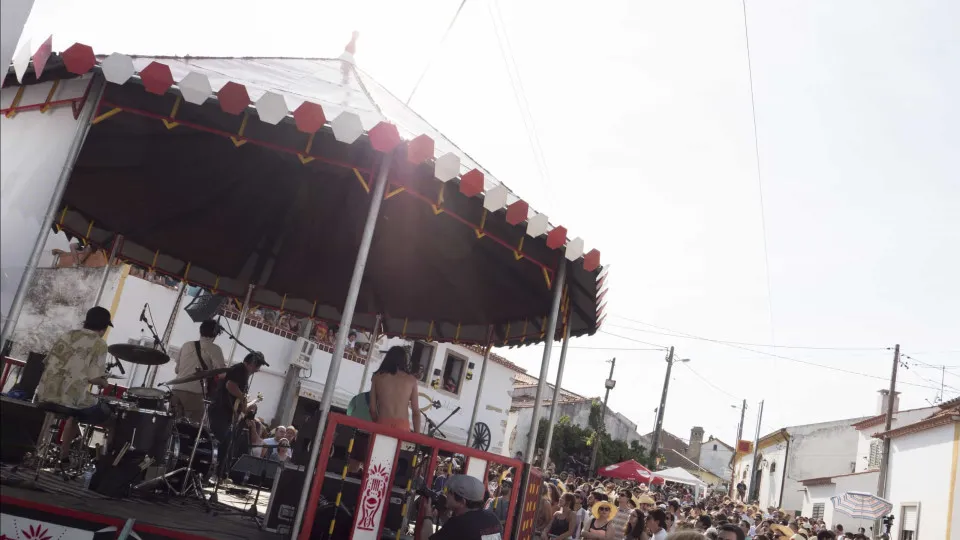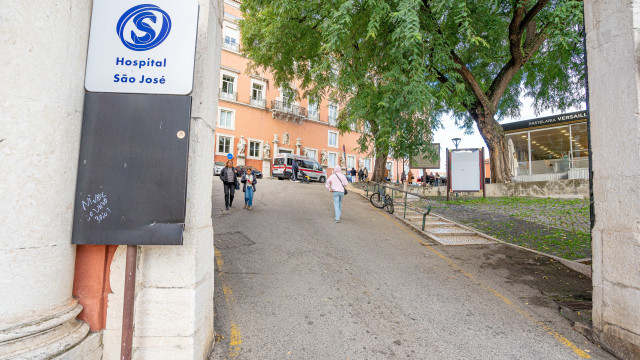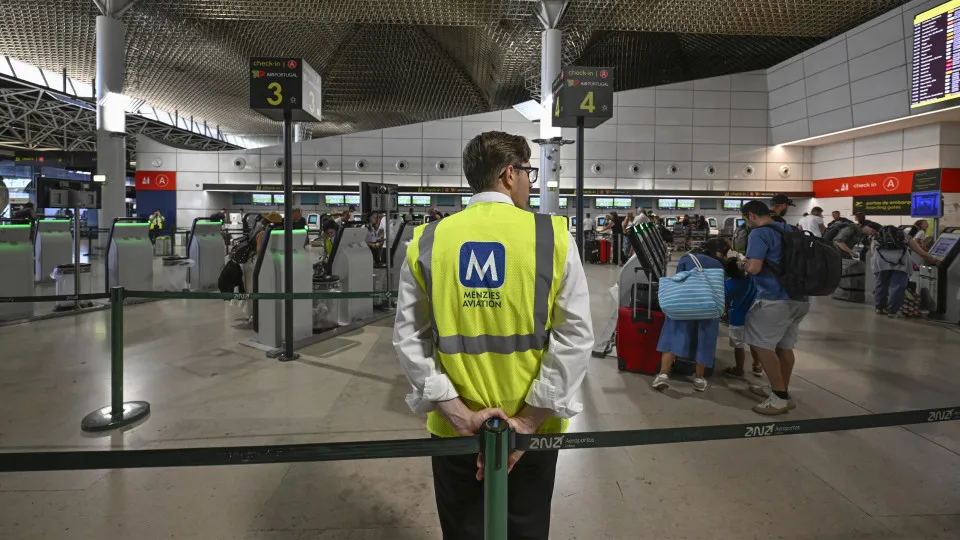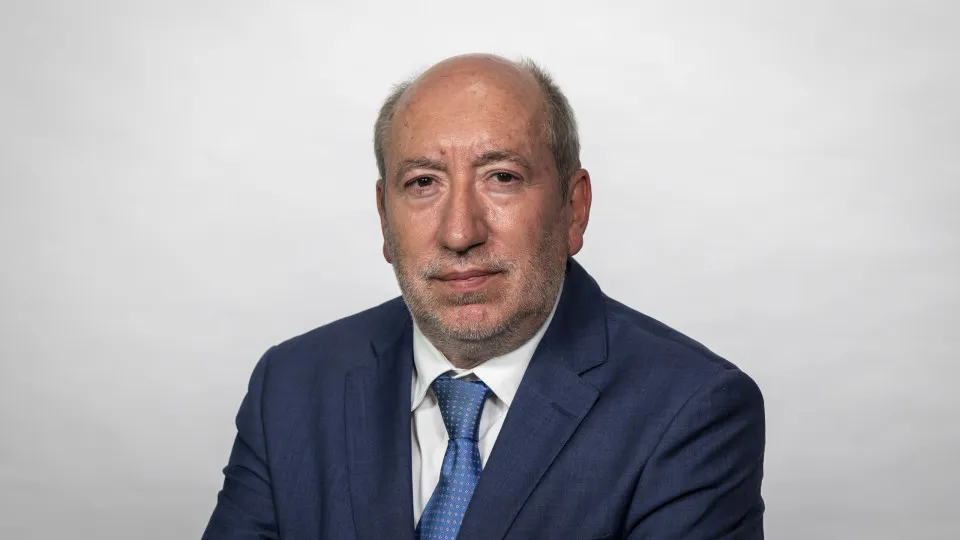
In a statement, the organizers of the festival held in the village of Cem Soldos, in the municipality of Tomar, district of Santarém, announced the dates for the 13th edition of the event and released tickets for sale today.
The initial price for general passes is set at 45 euros plus fees, which will later increase to 50 euros, and in a new phase to 60 euros (during which daily tickets will also be sold) before reaching the fourth and final sales phase, where they will cost 70 euros.
“Discounted tickets are limited to the number of units available for each phase. Once the number of units in the current phase is sold out, the prices of the next phase will apply,” the statement reads, noting that children under 12 years old do not pay.
At the end of last year, the festival’s organization announced that Bons Sons, held in Cem Soldos since 2006 with the theme “Come live the village,” would transition to a biennial schedule, resuming its original frequency.
“Following a historic edition this year, which inaugurated the square and center of Cem Soldos with a sold-out capacity, Bons Sons will return in 2026 – on a date yet to be announced – and will be held every two years,” announced SCOCS – Sport Clube Operário de Cem Soldos, the entity organizing the event dedicated to Portuguese music.
In a statement, SCOCS indicates that the decision was “collective,” aiming to have “more space and time for the consolidation of processes and voluntary teams in the village and for everything a community festival entails, focusing on longevity and sustainability.”
With the theme “Live Diversity” on the 50th anniversary of April 25, the Bons Sons festival returned in 2024 to Cem Soldos, in the municipality of Tomar, after a year-long hiatus due to urban redevelopment work at Largo do Rossio, the area usually occupied by the festival, which emerged this edition completely renovated, with “new challenges” and more than 50 concerts.
The Bons Sons festival has been organized since 2006 by the Sport Clube Operário de Cem Soldos and continued biennially until 2014, later becoming an annual event, “maintaining an exclusive programming of Portuguese music, fully acculturated and diverse.”
The village of Cem Soldos is closed off, and its perimeter defines the festival grounds, accommodating a dozen stages integrated into the streets, squares, plazas, auditorium, church, and even garages and mills.




